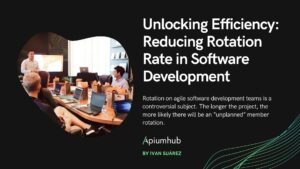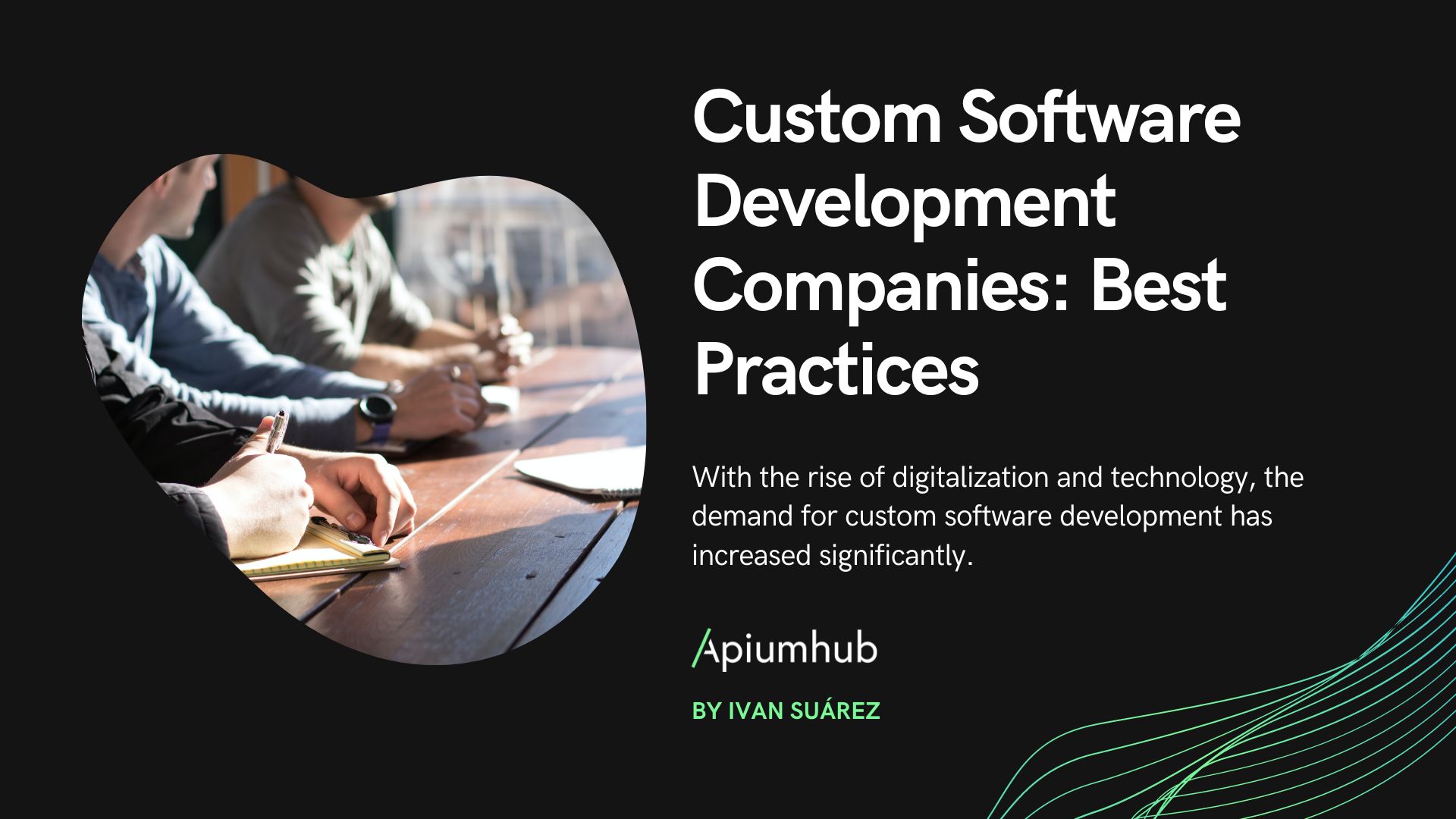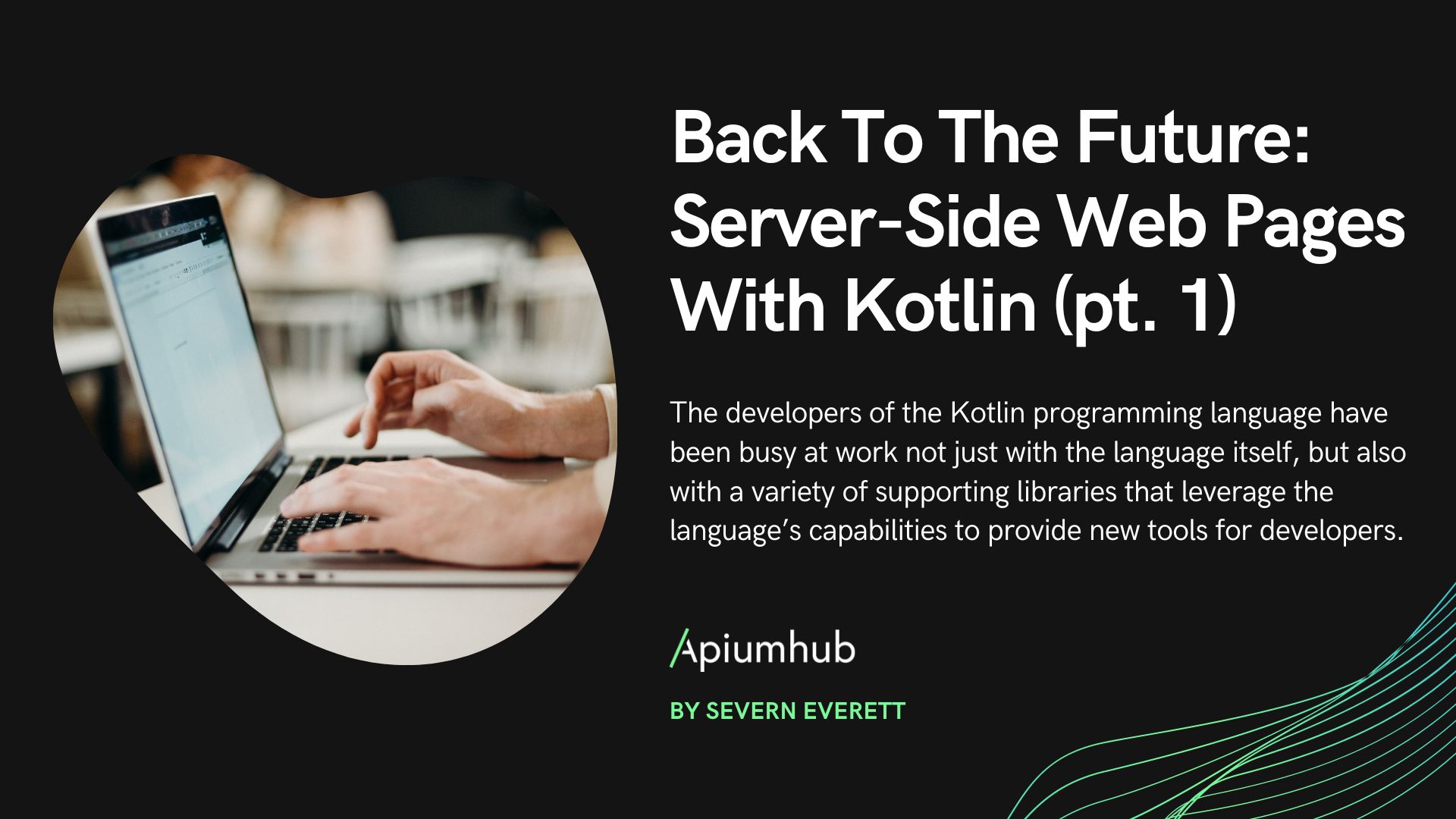Table of Contents
Knowledge has become one of the most valuable strategic resources. There are a variety of ways to transfer software development knowledge within a company, and project rotation is one of the effective tools based on our experience.
Knowledge is power
Knowledge can be divided into explicit knowledge and tacit knowledge. Explicit knowledge is
the knowledge that people can encode and disseminate effectively; tacit knowledge is the knowledge that people know, but it’s difficult to express. Tacit knowledge is difficult to be imitated or replicated by competitors, so that it has higher strategic value for teams. Tacit knowledge within the company contains the individual’s and team’s know-how, experience, insight, collaboration of group members, group culture, a common corporate vision, organizational routines and so on.
Rotations based knowledge sharing
Companies adept at knowledge transfer have been found to be more productive and more apt to survive than counterparts less adept at knowledge transfer. Project rotation is the tool that helps the organisation to learn and know about the individual’s expertise of each employee and their function. Project rotation is the easiest and low cost way to improve team performance and individual development. It provides abundant benefit including cross trained teams, reduce monotony and redundancy, reduce stress from working on the same job for the long period, increase motivation and innovation that will come from the idea of the team member that was selected to rotate to the new project and find something in a new aspect that the longtime experience team may not see, also a new aspect for work also increases the ability to handle changes.
Project rotation was designed for the teams in order to study the new skills. The rotation process can separate into two types which are task rotation and position rotation. That has a benefit of making teams have more understanding of the related department and have the new things to learn in management or in specialization of a particular field. Sometimes such rotation can be vertical.
In task rotation, the team members who were in the task rotation process will be assigned to the new task to do. It means that this process will help them be challenged and motivated to learn new knowledge. Normally here we talk about horizontal rotation to provide them with a more range of skills and expertise in a wide range of knowledge. Both types of rotation processes can motivate employees to stay longer in the company which can encourage the employees to better understand other tasks or positions that they were assigned to rotate. Also, project rotations minimizes risk of losing gained knowledge, it basically makes it inmortal.
Based on various case studies, project rotation gives a lot of benefit for employees and organization, for example, reduce boredom and monotony, reduce work stress, lower turnover rates and increased ability to handle changes etc. Moreover, project rotation also allows to obtain more working experience in various parts of the business and broaden their perspective.
In Apiumhub we aim to have annual project rotations based on milestones. The knowledge that we gain we also share via meetups and open spaces that we organize, via articles and books.
If you are interested in working for a company where you would continuously grow, check our positions here.
And if you are interested in building working software with Apiumhub, let us know!
Author
-
Ekaterina Novoseltseva is an experienced CMO and Board Director. Professor in prestigious Business Schools in Barcelona. Teaching about digital business design. Right now Ekaterina is a CMO at Apiumhub - software development hub based in Barcelona and organiser of Global Software Architecture Summit. Ekaterina is proud of having done software projects for companies like Tous, Inditex, Mango, Etnia, Adidas and many others. Ekaterina was taking active part in the Apiumhub office opening in Paseo de Gracia and in helping companies like Bitpanda open their tech hubs in Barcelona.
View all posts











